What is a Managed Account and why would I consider it?
A managed account is an investment account that is professionally managed on behalf of an individual investor by a professional money manager, investment advisor, or financial institution. In a managed account, the manager makes investment decisions on behalf of the client, taking into account the client's investment objectives, risk tolerance, time horizon, and other preferences.
Here are some key features and reasons why you might consider a managed account:
Professional management: One of the primary benefits of a managed account is that it provides access to professional investment management expertise. The manager or team overseeing the account typically has extensive experience and knowledge of financial markets, investment strategies, and asset allocation techniques. They are responsible for making investment decisions and managing the portfolio on a day-to-day basis.
Customization and personalization: Managed accounts are often tailored to the individual needs and preferences of the investor. The manager works closely with the client to understand their financial goals, risk tolerance, and other considerations, and constructs a portfolio that aligns with these objectives. This customization allows for greater flexibility and control over the investment strategy compared to off-the-shelf investment products.
Diversification and risk management: A managed account typically offers diversification across a range of asset classes, sectors, and investment strategies. The manager may use diversification techniques to spread risk and minimize exposure to any single asset or market sector. Additionally, the manager may actively monitor the portfolio and adjust the investment strategy in response to changing market conditions or economic trends, with the goal of managing risk and optimizing returns.
Convenience and timesaving: For investors who lack the time, expertise, or inclination to manage their investments actively, a managed account can provide a convenient solution. With a managed account, the investor delegates investment decisions and portfolio management responsibilities to the professional manager, freeing up time and energy for other pursuits.
Transparency and reporting: Managed account providers typically offer regular reporting and performance updates to keep investors informed about the status of their investments. This transparency allows investors to monitor the performance of their portfolios and assess whether the investment strategy is meeting their objectives.
While managed accounts offer several benefits, it's essential to consider potential drawbacks as well, such as management fees, which can be higher compared to passive investment options like index funds or ETFs. Additionally, not all managed accounts perform equally well, so it's crucial to research and select a reputable manager with a track record of success. Overall, whether you should consider a managed account depends on your individual financial situation, goals, preferences, and the level of control and involvement you desire in managing your investments.
The information contained herein is not intended as financial, legal or tax advice, and may not be suitable as required by specific circumstances. Please consult your financial planner, attorney and/or tax adviser as needed.


